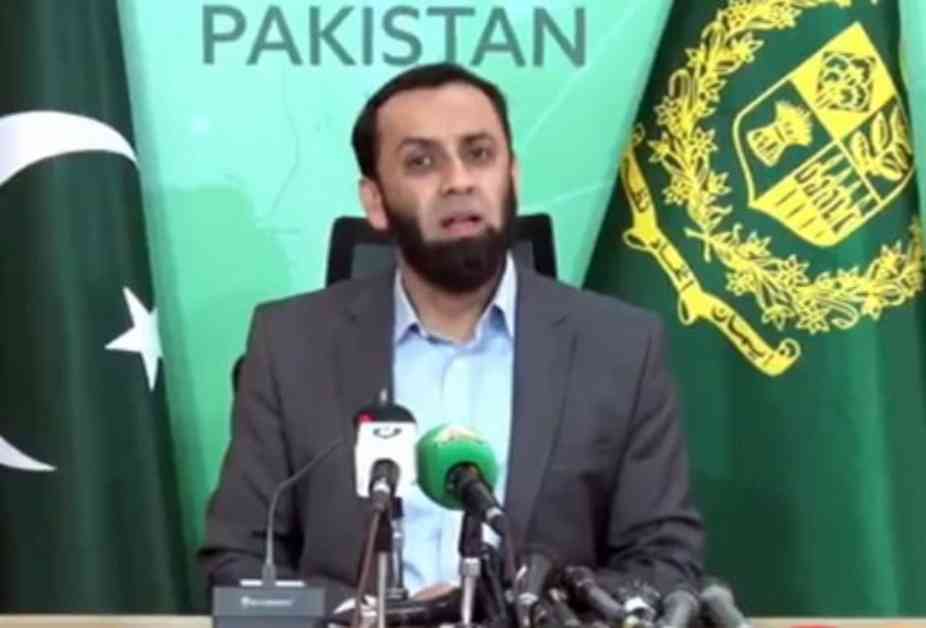Government’s Consideration of ‘Middle Ground’ on PTI’s Demands
Information Minister Attaullah Tarar criticized PTI’s decision to call off negotiations, stating that the government was considering a “middle ground” by proposing a committee instead of a judicial commission. Tarar mentioned this during an appearance on a private news channel on Thursday, accusing PTI of acting with “malicious intent” and making a “hasty decision.”
The government’s response to PTI’s demands was imminent, with extensive discussions having been held on the matter. Tarar emphasized that it was unnecessary to constitute a commission and that they were exploring a middle ground to move forward. He also pointed out that PTI should have found a legitimate excuse to prove they had been victimized, shifting the onus onto the party.
Founder of Pakistan Tehreek-e-Insaf (PTI) Imran Khan called off negotiations with the PML-N-led government due to its failure to form a judicial commission within the promised seven-day timeframe. PTI Chairman Barrister Gohar Ali Khan confirmed this decision outside Rawalpindi’s Adiala Jail, citing Khan’s frustration over the government’s lack of action as the reason for the abrupt halt in negotiations.
### PTI’s Decision to End Negotiations
Imran Khan expressed disappointment in the government’s failure to fulfill its promises, leading to a definitive announcement that no further rounds of negotiations would occur. The government had made announcements but failed to follow through, prompting Khan to take the decisive step of ending the talks.
### Stalled Talks and Limited Progress
Since the talks began in December 2024 to ease political tensions, only three sessions have taken place, with minimal progress achieved. The demands put forth by PTI, including the formation of two judicial commissions and the release of political prisoners, have been key points of contention throughout the negotiation process.
### PTI’s Demands and Expectations
PTI’s demands for investigations into specific incidents and the release of individuals they consider political prisoners highlight the deep-rooted issues driving their stance in the negotiations. The party’s unwavering position on these matters has been a significant obstacle to reaching a resolution with the government.
### Looking Ahead: Uncertainty and Challenges
As the negotiations between PTI and the government reach a standstill, the future remains uncertain. The obstacles and challenges that have impeded progress so far may require both parties to reassess their strategies and approach to finding common ground moving forward.
### Expert Insights: The Path to Resolution
Experts emphasize the importance of open dialogue, compromise, and a willingness to understand each other’s perspectives in resolving conflicts of this nature. Finding a way to bridge the gap between PTI’s demands and the government’s proposed solutions will be crucial in reaching a mutually beneficial agreement.
In conclusion, the government’s consideration of a “middle ground” in response to PTI’s demands marks a pivotal moment in the ongoing negotiations, shedding light on the complexities and challenges inherent in finding common ground amidst political turmoil.









